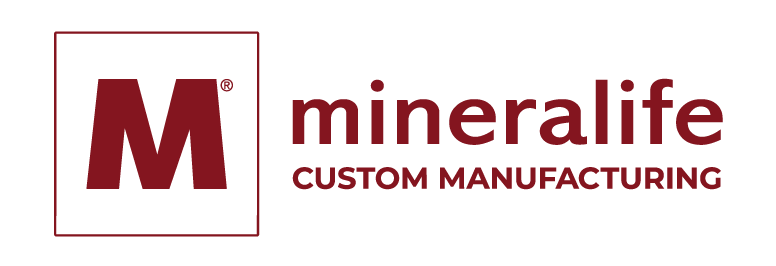Dietary supplements close nutrient gaps by supplementing deficient vitamins and minerals. Supplements come in varied forms, supporting diverse individual needs. But…what are the benefits of softgel supplements versus tablets? And what delivery mechanism best supports your needs?
What Are Softgels?
Softgels deliver nutrients orally via specialized capsules. They utilize a gelatinous shell that holds liquid vitamins and minerals within. The gelatinous texture allows the capsule to easily break down once it reaches the intestinal tract. After the softgel dissolves, the encapsulated nutrients are released and absorbed into the bloodstream for efficient use by the body.
Benefits of Softgels
Though this list is not exhaustive, below are some of the benefits of softgel capsules:
- Increased Bioavailability: stabilizing techniques allow for controlled release
- Easy To Swallow: flexible & smooth exterior with no taste & smell
- Rapid Release: promotes fast dispersion & absorption into the bloodstream
- Air Tight Seal: hermetic seal protects nutrient contents from light & oxygen
- Precise Dosage: accurate dosing supports the effectiveness of low & ultralow doses
Gelatinous capsules offer precise delivery. Their structure dissolves rapidly once it reaches the intestinal tract. This increases bioavailability and supports absorption. Softgels offer precise dosages, supporting individuals with low-dose needs.
Disadvantages of Softgels
- Nutrient Limitations: moisture-sensitive nutrients may become unstable in the gelatinous shell
- Expense: typically more expensive to manufacturer than tablets
- Nutrient Formulations: only inclusive of liquid form nutrients—no powders
What Are Tablets?
Tablets orally deliver supplemental nutrients via compressed powders. The compressed power typically consists of the supplemental nutrients and bonding additives. Tablets often come coated to prevent early breakdown and support targeted delivery. Because tablets often come in chewable and dissolvable forms, they may better support individuals that have difficulties swallowing whole pills.
Benefits of Tablets
Though this list is not exhaustive, below are some of the benefits of tablets:
- Chewable & Dissolvable: beneficial for those with difficulties swallowing whole pills
- Multiple Delivery Mechanisms: immediate release, extended release, delayed release
- Easy To Split: smoothly split when needed and/or recommended
- Inexpensive: often cheaper to manufacture than softgel capsules
Tablets are formed by compressing powdered nutrients with bonding additives. So, they tend to have more durable shelf lives. Tablets often come in chewable and dissolvable forms, supporting individuals with swallowing difficulties.
Disadvantages of Tablets
- Taste: aftertastes & chalky texture may be unpleasant
- Unpredictable: dissolve & release nutrients inconsistently which may affect efficacy
- Slow Absorption: often absorbed slower than quick-release softgels
What should I recommend to my customers?
Supplementation exists to close nutrient gaps in our diets, supporting body health. If the supplemented nutrients are not absorbed, your body will not experience the desired health and wellness effects. When deciding if you should supplement softgels or tablets, keep in mind…
You are what you absorb!
One delivery mechanism does not inherently trump the other. The best delivery mechanisms—softgel or tablet—is the one that best serves your supplementation needs. Consider the pros and cons. Then decide which mechanism will best support your customers goals.
